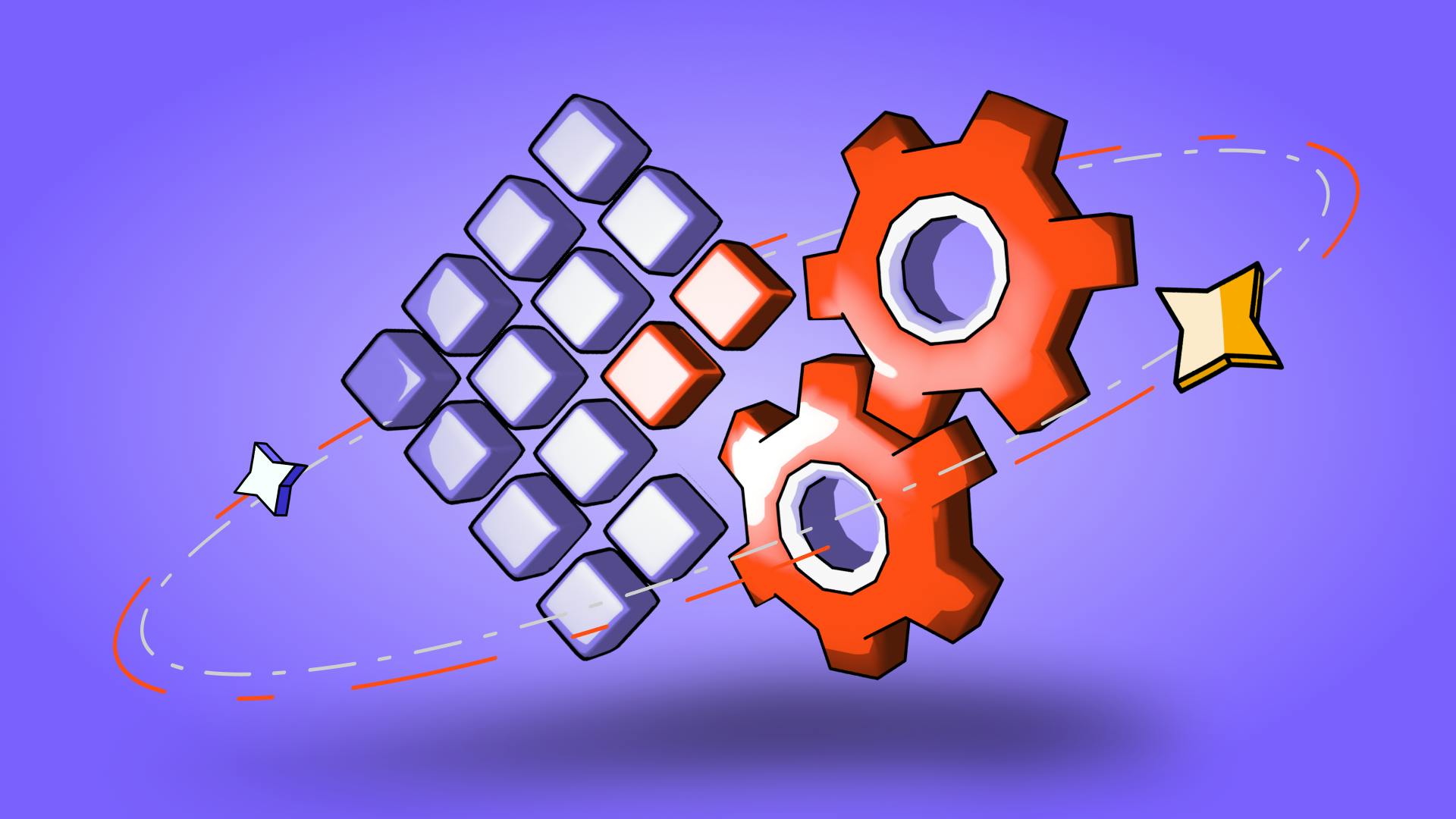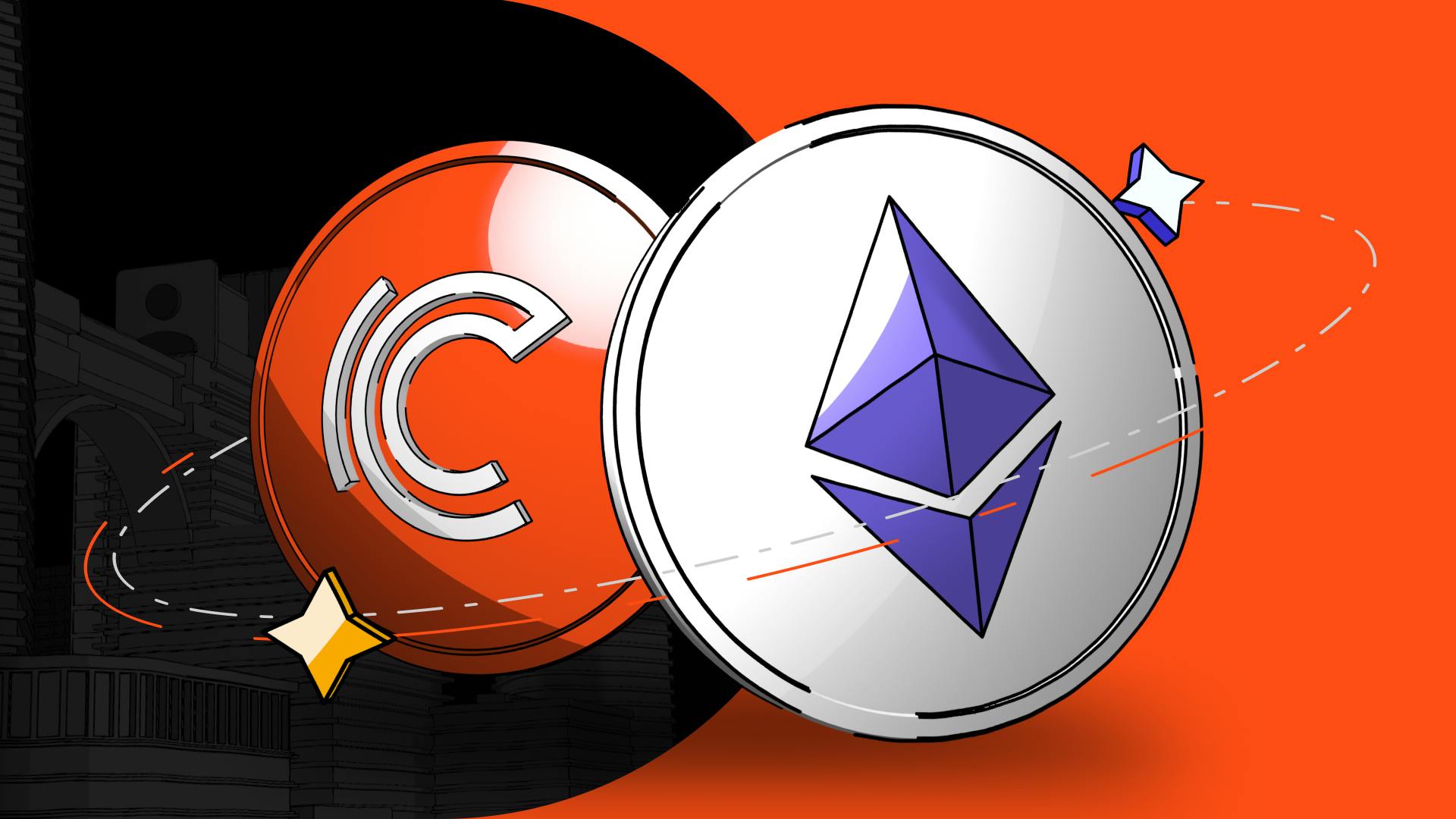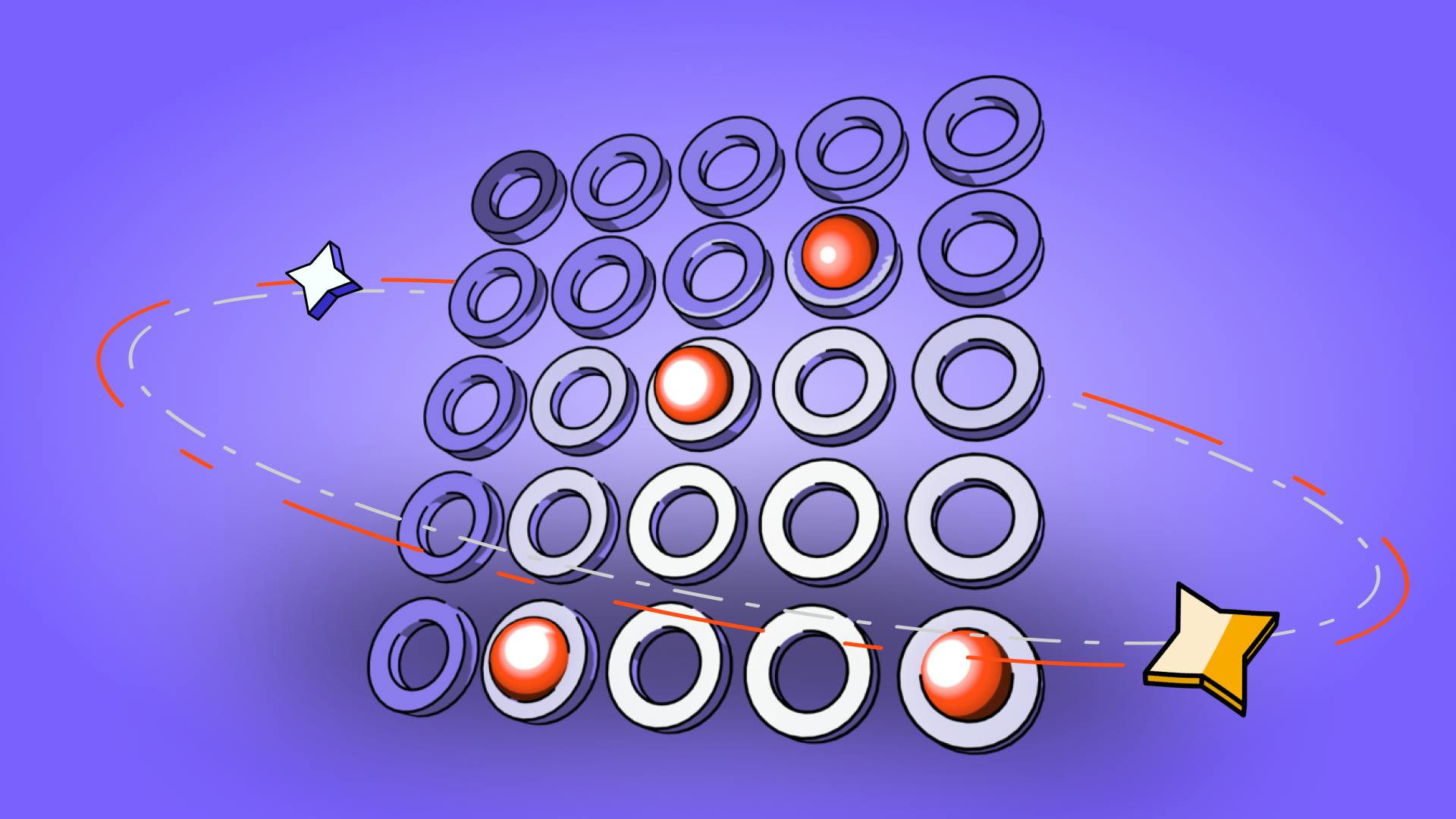Zero-Knowledge Proof: Enhancing Privacy in Blockchain Transactions
5 de diciembre de 2025

by Coinmetro Editorial Team
5 de diciembre de 2025
Zero-knowledge proofs (ZKPs) are cryptographic methods allowing one party (the prover) to prove the truth of a specific statement to another party (the verifier) without revealing any information beyond the validity of the statement itself. This technology fosters privacy and security, especially in the realm of digital transactions on the blockchain, by enabling the verification of information without exposing the actual data.
The concept of ZKPs also introduces significant improvements in computational efficiency within blockchain ecosystems. For instance, it allows for the confirmation of transaction validity without the necessity for all network participants to replicate computations, leading to resource savings. This way, ZKPs contribute to solving scalability issues through mechanisms like zero-knowledge rollups and validiums, which process transactions off-chain and then submit proofs to the blockchain for verification.
The technology's underpinning principles are rooted in achieving three critical conditions: completeness (valid proofs are always accepted), soundness (invalid proofs are rejected), and zero-knowledge (no additional information is revealed beyond the proof's validity). These principles ensure that zero-knowledge proofs can securely validate transactions or statements without compromising sensitive data.
In essence, zero-knowledge proofs are reshaping the landscape of blockchain and cryptography by offering solutions that balance the trifecta of security, privacy, and efficiency. Ethereum utilizes zero-knowledge proofs, specifically through mechanisms like zk-SNARKs and zk-rollups, to enhance privacy and scalability on its network. zk-SNARKs allow Ethereum to perform private transactions where the details of the transaction are hidden, enhancing user privacy. Meanwhile, zk-rollups bundle multiple transactions into a single transaction on the main Ethereum blockchain, significantly reducing the gas fees and improving the transaction throughput. This approach not only preserves user privacy by allowing certain details to remain undisclosed but also makes the Ethereum network more scalable by handling more transactions per second without compromising on security or decentralization
As previously mentioned, Zero-Knowledge Proofs (ZKPs) allow one party to prove knowledge of a fact without revealing the actual information. Interactive ZKPs involve a back-and-forth communication where the verifier poses challenges to which the prover responds. Non-interactive ZKPs, on the other hand, don't require this back-and-forth and can be verified by any third party.
Types of ZKPs:
zk-SNARKs: They offer compact proofs and are crucial in privacy-focused cryptocurrencies like Zcash. However, they necessitate a "trusted setup" phase which can pose security risks.
zk-STARKs: Eliminate the need for a trusted setup and are quantum-resistant, offering a more secure option but with the trade-off of larger proof sizes.
PLONK: A versatile SNARK that applies to any computation after a one-time setup, enhancing usability across different blockchain applications.
Bulletproofs: Provide a solution that doesn’t require a trusted setup, though they generate larger proofs compared to SNARKs and demand more computational effort.
In the realm of shielded transactions and tokenization, ZKPs are instrumental. For instance, in Zcash, ZKPs enable transactions where the details remain shielded, ensuring users' financial activities remain private. This technology is not only limited to cryptocurrencies but also extends to verifying asset ownership in various sectors without exposing sensitive data, enhancing privacy and security.
Furthermore, ZKPs play a crucial role in compliance and adapting to global regulations. They provide a unique solution that allows decentralized platforms to adhere to traditional financial regulations without compromising their core principles. This makes ZKPs invaluable in facilitating a more secure, private, and compliant blockchain ecosystem.
These applications of ZKPs showcase their potential in transforming the blockchain landscape by providing security, privacy, and compliance, which are crucial for broader adoption and acceptance of blockchain technology across different industries.
Zero-Knowledge Proofs are applied across various sectors enhancing security and privacy:
Decentralized Identity Verification: Zero-Knowledge Proofs empower users to prove their identity without exposing personal details. This enhances security and privacy, particularly in online services and transactions, by allowing users to control their data while still verifying their credentials.
Privacy-Preserving Transactions: In the cryptocurrency space, ZKPs enable transactions where the transaction amounts and the identities of the parties involved remain private, increasing user confidentiality and security.
Secure and Scalable Layer-2 Rollups: ZKPs contribute to the scalability of blockchain networks like Ethereum by bundling multiple transactions into a single proof. This method maintains transaction integrity and data accuracy without overloading the main network.
Voting Systems: ZKPs ensure the integrity and anonymity of electronic voting systems. Voters can prove their participation and vote authenticity without revealing their choices, bolstering the transparency and fairness of elections.
IoT (Internet of Things): In IoT environments, ZKPs can secure device-to-device communication, ensuring data privacy and integrity without revealing sensitive information, enhancing trust in IoT ecosystems.
Supply Chains: ZKPs enable the verification of supply chain processes and product authenticity without disclosing underlying confidential details.
Despite its innovative approach, Zero-Knowledge Proof technology encounters specific challenges while standing on the brink of significant advancements, influencing its practical application and potential future trajectory.
Current Limitations and Challenges: Zero-Knowledge Proofs, while revolutionary, face several hurdles. The complexity of their underlying mathematical principles can be a barrier to widespread understanding and adoption. Moreover, scalability issues arise as the computational and storage demands of ZKPs can be significant, particularly for large-scale applications. These challenges can lead to slow transaction speeds and increased costs, hindering practical usability.
Future Developments: However, the future looks promising with ongoing advancements such as the refinement of zk-STARKs, which aim to reduce proof sizes and computation times without the need for a trusted setup. Cross-chain privacy layers are also being explored, which enable secure and private transactions across different blockchain platforms, enhancing interoperability and functionality. Furthermore, the development of user-friendly ZKP toolkits is anticipated to lower the entry barrier, allowing more developers to create applications utilizing ZKP technology.
Potential of ZKPs: As these advancements materialize, the potential of Zero-Knowledge Proofs in enhancing blockchain technology becomes increasingly tangible. By addressing current privacy and security concerns, ZKPs could lead to broader adoption of blockchain across various sectors, from finance to healthcare, by providing a new level of confidentiality and trust in digital transactions.
It's evident that Zero-Knowledge Proofs (ZKPs) are revolutionizing the blockchain landscape, offering a unique blend of privacy, security, and efficiency. This technology enables users to engage in transactions and interactions where the truth can be verified without revealing the actual information, fostering a new level of trust in digital communications.
Despite their potential, ZKPs are not without challenges. The complexity of their algorithms and the scalability issues pose significant hurdles. However, the blockchain community is actively working on solutions, such as improving zk-STARKs to reduce proof sizes and computational times, and developing cross-chain privacy layers to enhance interoperability across various platforms.
The evolution of ZKPs is expected to lower barriers to entry, making this technology more accessible to developers and users alike. This could lead to its incorporation into a wide range of applications, from finance and healthcare to supply chains and IoT, potentially transforming how data integrity and privacy are maintained in a digitally interconnected world.
In essence, while Zero-Knowledge Proofs currently face limitations, their future is promising. As we continue to address these challenges, ZKPs could very well become a cornerstone technology that propels blockchain to mainstream adoption, providing a secure, private, and efficient framework for the digital age. Their development represents a critical step forward in our journey towards a more privacy-centric and secure digital landscape.
Join the Coinmetro community on Discord and Telegram, where forward-thinking traders and investors gather to share insights, explore new opportunities, and dive deep into the world of cryptocurrencies. Should you need any help, feel free to reach out to our world-class Customer Support Team via 24/7 live chat or email at hello@coinmetro.com.
To become a Coinmetro user today, Sign Up now, or head to our new Exchange if you are already registered and experience our premium trading platform.
Etiquetas
Artículos relacionados

Blockchain en la educación: transformando el aprendizaje y la acreditación
¿Qué pasaría si tu expediente académico pudiera verificarse al instante, en cualquier lugar del mundo? Esta es solo una de las preguntas que reflejan…
7m

Cómo comprar Ethereum (ETH) en Coinmetro - paso a paso
¿Quieres comprar Ethereum al instante sin complicaciones? Coinmetro lo hace rápido, sencillo y seguro. Esta guía te muestra los pasos simples para…
3m

Cómo hacer staking de Ethereum (ETH) en Coinmetro de forma rápida, sencilla y segura
¿Quieres ganar ingresos pasivos con tu Ethereum? Con Coinmetro, hacer staking de ETH es un proceso fluido, seguro y fácil para principiantes. En esta…
3m

El papel de la cadena de bloques en la trazabilidad de la cadena de suministro
En 2021, un escándalo sacudió al sector alimentario. Varios proveedores habían etiquetado carne caducada como si fuera fresca. El resultado fue la…
11m